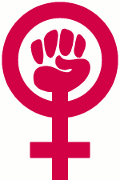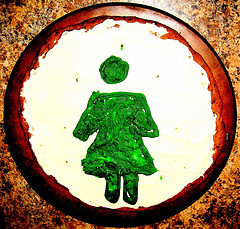 OK, this is somewhat old news (in fact, Dutch Daily News covered it two months ago), but I still want to write about it because this follows up on earlier stories. Basically what I am trying to find out is how we, the Dutch, define Enlightenment ideals such as freedom, equality and happiness. It is clear that they are important to us, but we have been pursuing aspects of these ideals hundreds of years before other Western nations did and as a result, when looking through a global lens, we seem to do everything exactly different.
OK, this is somewhat old news (in fact, Dutch Daily News covered it two months ago), but I still want to write about it because this follows up on earlier stories. Basically what I am trying to find out is how we, the Dutch, define Enlightenment ideals such as freedom, equality and happiness. It is clear that they are important to us, but we have been pursuing aspects of these ideals hundreds of years before other Western nations did and as a result, when looking through a global lens, we seem to do everything exactly different.
As they say, Dutch women don’t get depressed.
Here is the deal. In many ways the Dutch are some of the least gender equal people in the world. Our ratio of men and women in management roles is similar to that of the United Arab Emirates—and the Arabs at least are working to improve theirs. Furthermore, 60% of all Dutch women do not make enough money to pay their way through life—but they like it that way! In fact, men want some of that part-time action too!
So now a new study has come out that adds another piece to the puzzle. It appears that gender inequality is especially strong among working parents in the Netherlands. On the other hand the income of single men and women without children who work full-time jobs are exactly the same. I thought that was interesting. You’d expect at least some old-fashioned sexism to depress even those incomes by a couple of points. Perhaps that in the parts of our population where sexism is still rife (the Bible belt, anyone?) single, childless women with full-time jobs are rare.
If everybody is happy about this arrangement, then who I am to disagree? There is a difference between women being forced into inequality and women choosing inequality. Where things get weird is in relationships. The default Dutch marriage setting is that of community property (for now). The state sees a marriage as a contract between the state and two people. When the partners dissolve the wedding, the state typically demands that the high earner keeps supporting the low earner through alimony. What kind of incentives does an arrangement like that produce?
See also:
(Link: Statistics Netherlands. Photo by ValentinaST, some rights reserved)


 OK, this is somewhat old news (in fact, Dutch Daily News
OK, this is somewhat old news (in fact, Dutch Daily News  In the Netherlands 11% of all senior management positions are occupied by women.
In the Netherlands 11% of all senior management positions are occupied by women. 
